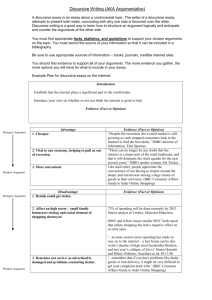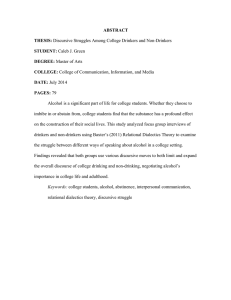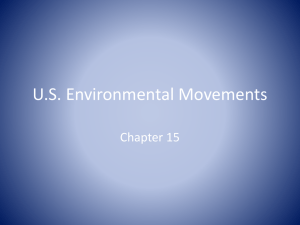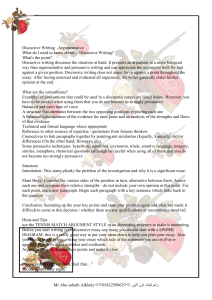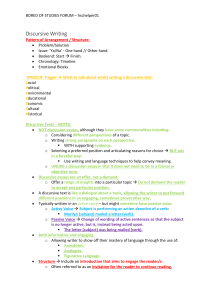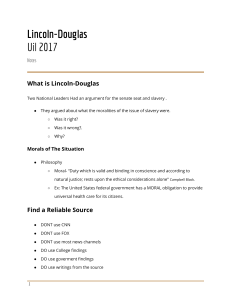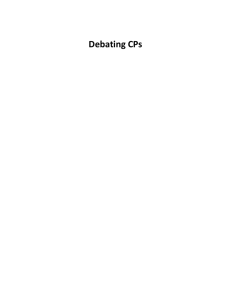The Rational Actor #3
advertisement
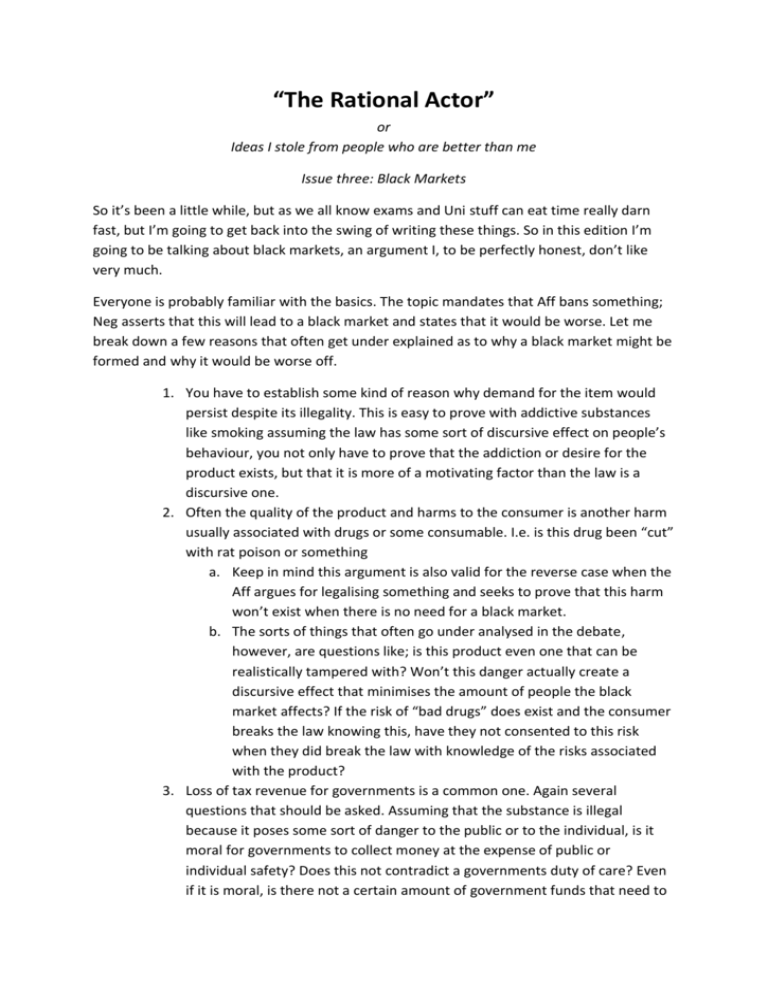
“The Rational Actor” or Ideas I stole from people who are better than me Issue three: Black Markets So it’s been a little while, but as we all know exams and Uni stuff can eat time really darn fast, but I’m going to get back into the swing of writing these things. So in this edition I’m going to be talking about black markets, an argument I, to be perfectly honest, don’t like very much. Everyone is probably familiar with the basics. The topic mandates that Aff bans something; Neg asserts that this will lead to a black market and states that it would be worse. Let me break down a few reasons that often get under explained as to why a black market might be formed and why it would be worse off. 1. You have to establish some kind of reason why demand for the item would persist despite its illegality. This is easy to prove with addictive substances like smoking assuming the law has some sort of discursive effect on people’s behaviour, you not only have to prove that the addiction or desire for the product exists, but that it is more of a motivating factor than the law is a discursive one. 2. Often the quality of the product and harms to the consumer is another harm usually associated with drugs or some consumable. I.e. is this drug been “cut” with rat poison or something a. Keep in mind this argument is also valid for the reverse case when the Aff argues for legalising something and seeks to prove that this harm won’t exist when there is no need for a black market. b. The sorts of things that often go under analysed in the debate, however, are questions like; is this product even one that can be realistically tampered with? Won’t this danger actually create a discursive effect that minimises the amount of people the black market affects? If the risk of “bad drugs” does exist and the consumer breaks the law knowing this, have they not consented to this risk when they did break the law with knowledge of the risks associated with the product? 3. Loss of tax revenue for governments is a common one. Again several questions that should be asked. Assuming that the substance is illegal because it poses some sort of danger to the public or to the individual, is it moral for governments to collect money at the expense of public or individual safety? Does this not contradict a governments duty of care? Even if it is moral, is there not a certain amount of government funds that need to go back into regulating the use of said drug or substance. I.e. costs of policing misuse, costs of emergency wards or other medical procedures that are necessary as a result of use of the product. I think affirmative teams get away with not answering these questions far too often. Here are some extra considerations for aff’s and neg’s in this debate. 1. If a black market does exist, what does it look like? Who are the suppliers? How easy are they to access? Does this contract the demographics this product reaches? It may be easy to trade weed in public, because both the currency and the product are very concealable. How easy would it be to trade any meaningful quantity of alcohol unnoticed? Do the requirements of establishing such a deal (i.e. bigger venue, unpoliced neighbourhood) make it harder for certain individuals to access regularly? Or is it now easier for police to find? 2. Have any of the above complications affected the price of the product? a. Presumably it’s easy to grow weed in your backyard but have you got a Walter White style meth lab under your house? b. What about products that require any amount of processing or skill to create? c. What are the costs of the equipment required to do so? d. Does it need to be imported? Does the trade now being made illegal affect the ease of importation? e. Does this mean that the supply will be less prolific and drive up the price? Does this price certain demographics out of the market? 3. Who is going to be willing to engage with this black market? Some forms of black markets like Pirate Bay people of all walks of life engage with every day, however, that’s because: a. It’s hard to police b. You can do it from the safety of your own home, c. There are very few associated risks d. There is no easily accessible affordable alternative. 4. Is this the same for say cocaine? (Obviously not) What differences in the buying or the price or the risks are the discursive factors that would exclude certain demographics from interacting with the market? Remember these questions when interacting with a black market argument. There is usually one per product that is hard to answer and can give you the edge when analysing if the market will affect the valuable stakeholder in any meaningful way. Ben Hewitt President – UOW SWORDS
